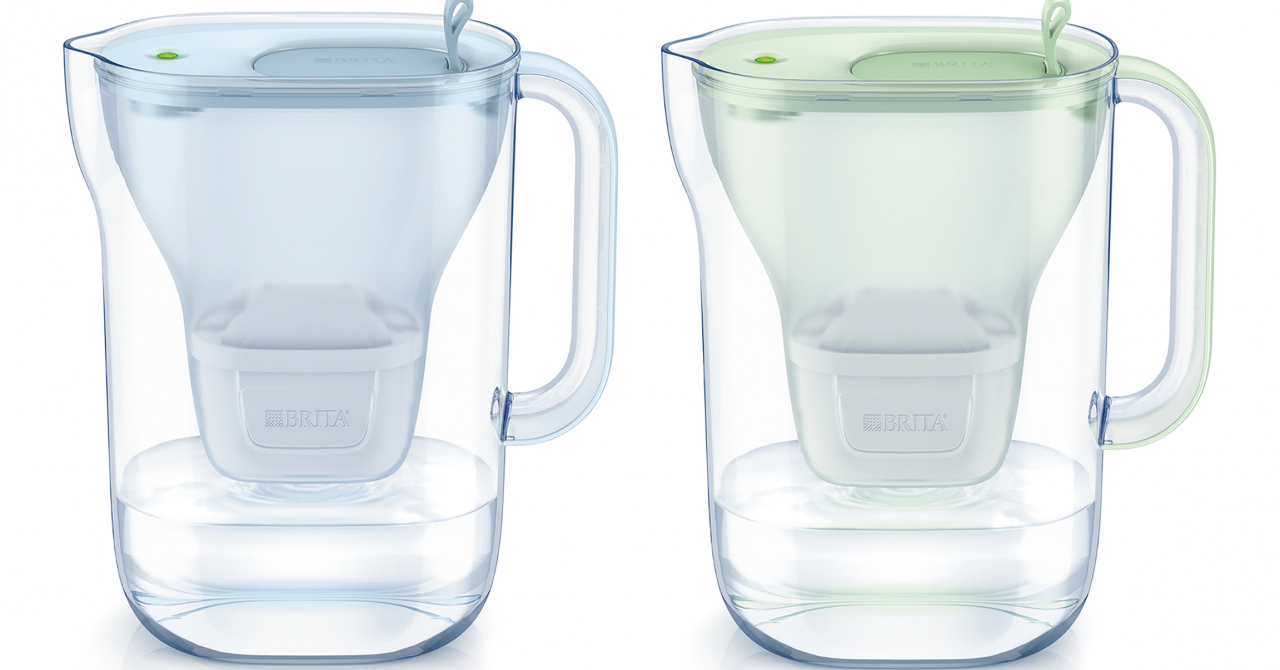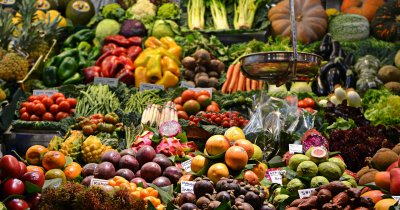BRITA, INEOS Styrolution and BASF have announced that BRITA has selected a range of INEOS Styrolution’s sustainable Terluran ECO, Styrolution PS ECO and NAS ECO materials as materials of choice for its portfolio of water filter jugs.
The materials include the recently introduced NAS ECO, a styrene methyl methacrylate (SMMA) material, which is the result of a cooperation between INEOS Styrolution and BASF.
It is built on BASF’s production of styrene monomer derived from renewable feedstock based on the mass balance approach. INEOS Styrolution uses the material as feedstock in its production of new sustainable styrenics solutions.
BRITA, known as a leading brand in water filtration, is among the first customers to benefit from INEOS Styrolution’s new sustainable NAS ECO solution.
Specifically, the material is used for the production of BRITA’s water filter jugs where it is applied for jug, funnel and lid parts. By using the new materials, BRITA can significantly lower the CO2 footprint without changes of moulding parameters and material performance.
The new ECO materials do not cause any interference in BRITA’s production as it is indeed a true plug-in solution that does not require an adaption to BRITA’s production processes.
Meike Rapp, Sustainability Manager for the BRITA Group says: “At BRITA, we constantly look for ways to make our products more sustainable. Hence, we are happy that the new ECO materials for our jugs help us achieve one of our key sustainability goals – to reduce our dependence on fossil-based plastics. They also contribute to further decrease the carbon footprint of some of our key products and help us achieve our strategic goal of shaping sustainable solutions. That the materials are also ISCC+ certified is a great value-add in our consumer communication.”
NAS ECO with significantly reduced CO2 footprint
BASF’s biomass balance (BMB) based styrene is used by INEOS Styrolution in the production of bio-attributed styrenics specialties, mainly transparent styrenics materials such as the company’s NAS ECO family of SMMA products and the Luran ECO family of SAN (styrene acrylonitrile copolymer) products.
The BASF and INEOS Styrolution processes within the end-to-end mass balance based production of the new solution portfolio are certified by ISCC+.
Biomass balanced styrene
To produce styrene BMB, BASF replaces fossil resources like naphtha or natural gas with renewable feedstocks derived from organic waste or vegetable oils. It is one way to produce styrene via a mass balance approach.
Mass balance is a chain- of-custody model that keeps track of the total amount (e.g., circular or other alternative) of feedstock throughout the production process and ensures a proper allocation to the finished goods.
Raw material and plastic producers like INEOS Styrolution and BASF can thus offer products with a better environmental profile but the same properties as those manufactured from fossil feedstock.
The allocation process via the mass balance approach as well as the products are certified by independent auditors.
 Oana Coșman
Oana Coșman












Any thoughts?